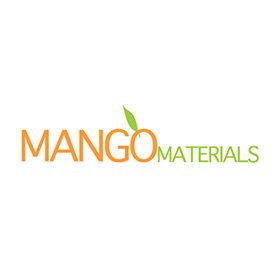Coverts abundant methane gas into biodegradable materials. Methane is the byproduct of several essential operations. Unfortunately, there are not many economically beneficial uses of methane. This company posits its factories next to existing methane production facilities. Using methanotrophs (a type of bacteria), the company naturally produces PHA; methanotrophs store carbon within their cell walls as PHA. More specifically, the methanotrophs produce pure P3HB, which is a member of the PHA family. The methanotrophs used in the process are also not genetically modified. Since this bacteria is prone to invaders, they do require expensive sterilization. Using methane as feedstock is low-cost and highly scalable. If the product enters a waste facility where methane is produce, it can be reused to make more PHA. If the product is disposed of in the natural environment, it becomes part of the carbon cycle and does not persist and pollute. The product is also designed to be completely consumable by microorganisms, leaving no trace of microplastics or microfibers. The biodegradation process takes around 6 weeks in marine environments. The tangible product of this process is called YOPP+. YOPP+ PHA pellets are fully biodegradable, readily compostable, and fully customizable. These YOPP+ Pellets can be used for injection molding, fibers, and films.
Mango Materials
